On 23 August 2022, the Market Coupling Steering Committee (MCSC) committee announced that in line with the Harmonised Maximum and Minimum Clearing Prices (HMMCP) Methodology in accordance with Article 41(1) of Commission Regulation (EU) 2015/1222 of 24th July 2015 (CACM Regulation), the harmonised maximum clearing price for Single Day-Ahead Coupling (SDAC) shall be increased by 1,000 EUR/MWh if the clearing price exceeds a value of 60 per cent of the harmonised maximum clearing price for SDAC in at least one market time unit in a day in an individual bidding zone or multiple bidding zones. This decision follows the high prices of 4,000 EUR/MWh reached on 16th August 2022 (delivery date 17th August) in Lithuania, Latvia and Estonia in hour 18. The current harmonised maximum clearing price for SDAC is +4,000 EUR/MWh, which will increase to +5,000 EUR/MWh. The new maximum clearing price shall apply in all bidding zones that participate in SDAC, from five weeks after the day the event referred to has taken place. In this case, therefore, it will apply from 20th September 2022 (first trading session).
In view of the current energy price crisis, and in order to protect the internal electricity market and its consumers, the Baltic national regulatory authorities (NRAs) do not support the setting of harmonised maximum clearing price for SDAC to +5,000 EUR/MWh and call NEMOs for a review of the rule on how the maximum day-ahead price will be adjusted, to avoid such an increase in the ceiling prices. The proposal would then be put to a vote by the European Union Agency for the Cooperation of Energy Regulators (ACER) Board of Regulators to obtain regulatory approval.
Following the recent price peak in the day-ahead Baltic market area, the Baltic NRAs agreed to investigate in a coordinated manner on the factors that could have led to extremely high prices and actions that could be implemented in order to avoid price peaks in the future. The Baltic NRAs consider that raising the price cap to +5,000 EUR/MWh following this episode of price peak in the day-ahead Baltic market area was not necessary and justified for the European electricity market to function properly, and was even inappropriate in this period of energy crisis.
